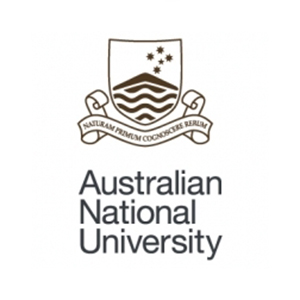
Master of Environmental and Resource Economics
The Australian National University (ANU)
Course Details
This program provides the tools of economic analysis at an advanced level and applies them to policy issues with a focus on environmental and resource economics. Areas of specialisation covered in elective courses include: agricultural and resource economics, cost-benefit analysis, economic development, econometric methods, economic regulation, and environmental and natural resource policy. A common theme across these courses is the integration of environmental and resource decisions into the broader context of national and international economic policy. Graduates find ready employment with universities, national and international policy agencies, leading corporations and civil society organisations.
Qualification: Master Degree (By Coursework)
Course structure: The Master of Environmental and Resource Economics requires the completion of 96 units, which must consist of:
Students must complete the pre-sessional component before continuing to the preliminary component. Students must achieve a minimum 50% weighted average mark in the initial component to continue to the concluding component. Students who do not achieve a minimum 50% weighted average mark in the initial component will be transferred to the Graduate Diploma of Public Policy.

